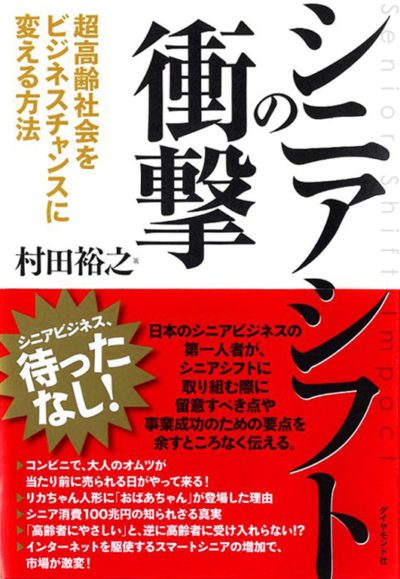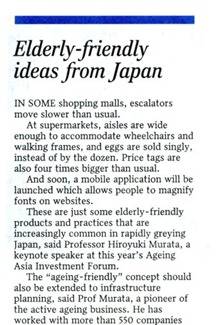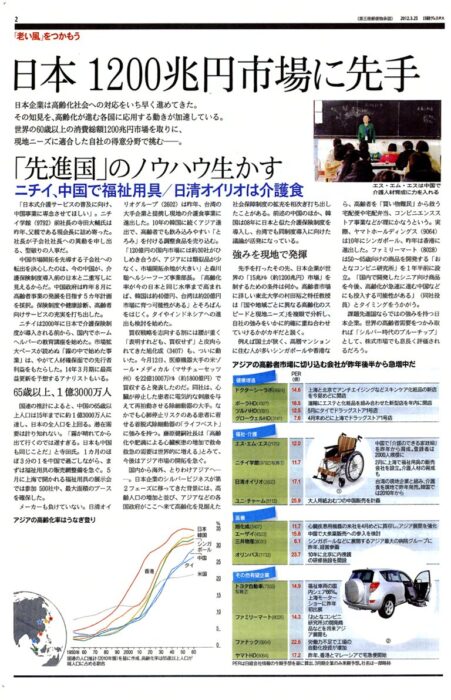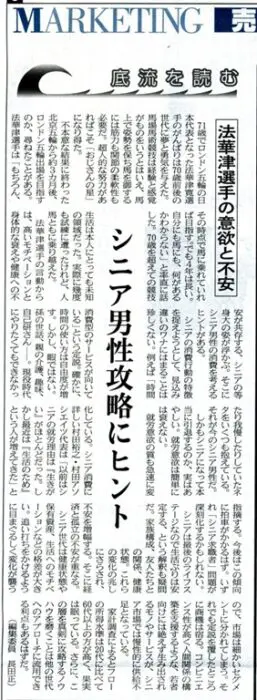THE STRAITS TIMES 2012年4月12日

シンガポールで開催されたAgeing Asia Investment Forum (AAIF)2012での基調講演を基にシンガポールの有力紙THE STRAITS TIMESの記者が記事をまとめたものが掲載されました。以下はその全文です。
IN SONE shopping malls, escalators move slower than usual. At supermarkets, aisles are wide enough to accommodate wheelchairs and walking frames, and eggs are sold singly, instead of by the dozen. Price tags are also four times bigger than usual. And soon, a mobile application will be launched which allows people to magnify fonts on websites.
These are just some elderly-friendly products and practices that are increasingly common in rapidly graying Japan, said Professor Hiroyuki Murata, a keynote speaker at this year’s Ageing Asia Investment Forum.
The “ageing-friendly” concept should also be extended to infrastructure planning, said Prof Murata, a pioneer of the active ageing business. He has worked with more than 550 companies to develop products such as the popular Raku-Raku (easy-easy) mobile phone, with simple one-touch dialing and large numbers and text.
At the forum yesterday, he spoke about the concept of “inter-generational” community. Giving the example of Yukarigaoka in Sakura city in Chiba prefecture, he said the town is an attractive place to live because it caters not just to the needs of the elderly, but also to children and working adults.
Located near Narita airport, Yukarigaoka offers easy transport for the elderly in the form of a bus that goes through the residential area, even accommodating requests to stop anywhere along the route. To cater to working parents with children, there are many kindergartens conveniently located near train stations.
The town developer, Yamaman Corporation, also buys the homes of elderly people who want to downsize, and sells the houses after renovation to young families at discount. This helps to ensure that there is a wide range of age groups in the town.
Said Prof Murata, who also teaches at the Smart Ageing International Research Center at Tohoku University: “What is most optimum for an age group at a specific time may not be optimum at a different time. This is one of the challenges of age-friendly modifications that we have to consider.”
JANICE TAI, LESLIE KAY LIM






